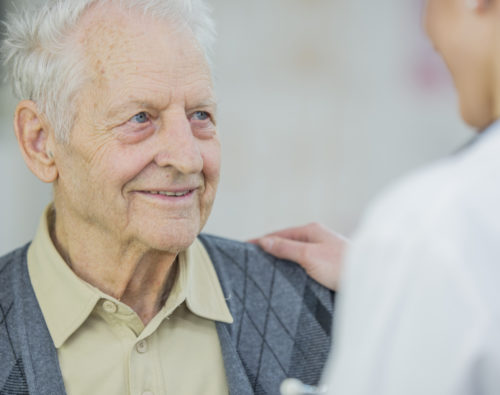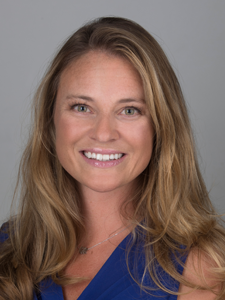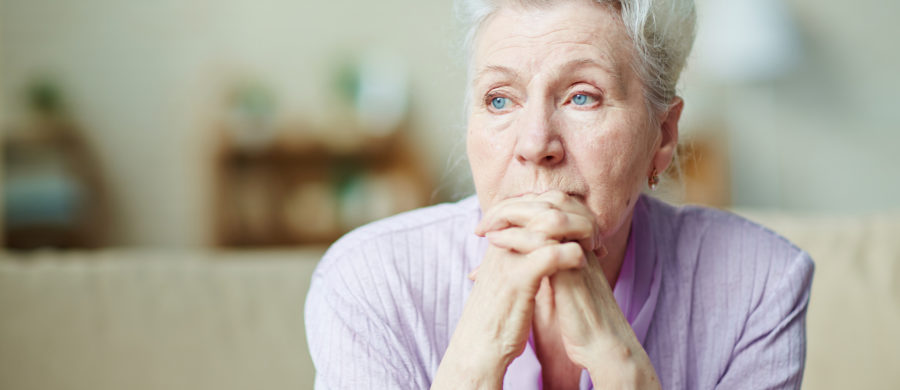Social isolation is becoming more common with older adults
Find a Primary Care Provider (PCP) you can talk to about feelings of isolation and loneliness
featuring Elise Reinhard, MD
Geriatrician, Boulder Medical Center

Ask your primary care doctor how they can help you when facing feelings of isolation and loneliness.
Social isolation is a serious problem with older adults that is expected to increase. We can become isolated as we age for many reasons, including the loss of a loved one; health challenges like low vision, hearing impairment, and limited mobility; and external barriers such as lack of transportation. Your primary care provider can be a good person to talk to about feelings of isolation, loneliness and depression. Boulder Medical Center geriatrician, Elise Reinhold, M.D., tells why.
Why should I tell my PCP if I feel isolated?
Dr. Reinhard: Isolation can impact your emotional, mental and even physical health. Socially isolated older adults are at greater risk for depression, unrecognized memory problems, malnutrition, poor health, and medical emergencies. Patients have told me they consider these feelings a normal part of aging that can’t be changed. The good news is that things can be done to help.
How can my PCP help?
Dr. Reinhard: Talking to anyone about these feelings is important. It’s also important to let your Primary Care Provider (PCP) know what is happening. A PCP is trained to support all aspects of your life — physical, mental, and emotional. You don’t need to have a physical symptom to bring up feelings of isolation or loneliness with your doctor. Your physician may have suggestions to improve the emotional and physical conditions that contribute to your isolation.
Some doctors and medical clinics have support systems that help patients get the extra help they need. The Boulder Medical Center care management department, for instance, works with our physicians to support patients who feel isolated, lonely and depressed. Trained care management experts connect patients with helpful resources such as in-house, short-term counseling; referrals to mental health professionals for longer term care; and assistance with relevant community organizations and agencies.
How can I talk to my doctor about isolation and loneliness?
Dr. Reinhard: Many people have difficulty talking about their feelings. Letting your doctor know that isolation is an issue you are dealing with before your doctor appointment is a great way to start the conversation. I suggest sending your doctor an email or letter before you see them; talk to the staff at your physician’s office to see how this might be done. If you have feelings of hopelessness, sadness, anxiety, or loneliness talk to your doctor about how they can help.
About Dr. Elise Reinhard
 As a geriatrician, Dr. Reinhard enjoys helping to manage the care of patients with complex medical problems, as well as those who are healthy and active and want to guidance on how to stay this way. “Geriatrics allows me to support my patients as they age well and advise them when they need help,” says Dr. Reinhard. “I enjoy the relationships I get to build with people over time.”
As a geriatrician, Dr. Reinhard enjoys helping to manage the care of patients with complex medical problems, as well as those who are healthy and active and want to guidance on how to stay this way. “Geriatrics allows me to support my patients as they age well and advise them when they need help,” says Dr. Reinhard. “I enjoy the relationships I get to build with people over time.”
For more:
- Click here for Dr. Reinhard’s full profile
- For an appointment: (303) 440-3001

